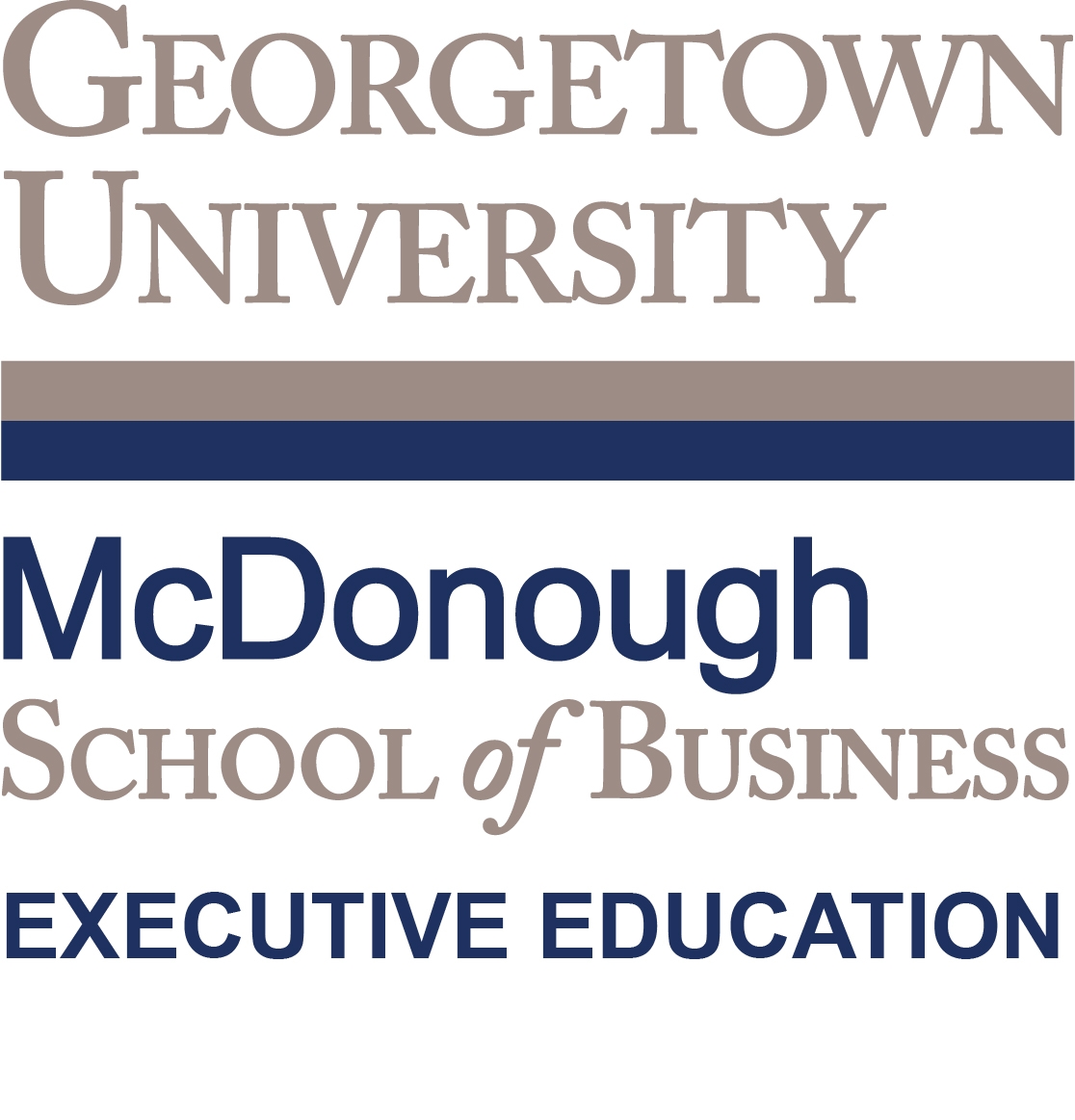- Organizational
Harmony in a Complex Organization
How Georgetown University’s McDonough School of Business helped AARP create managerial harmony across its various functions, levels and affiliates
Traditional approaches to executive education focused on the C-suite and a few high-potentials’ do not really cut it in large complex organizations where there is a call for leadership at all levels and a need to keep executives thinking broadly and in tandem with each other. These organizations face a challenge to create managerial harmony across hierarchies, regions, functions, and sub-groups.
AARP – a non-profit organization with 38 million members across the U.S. and a work-force of circa 2000, faced this challenge. Working at the national, state, and community levels on a diverse range of issues and initiatives, AARP has seven affiliated organizations, including non-profit foundations, charities and for-profit corporations. They needed to ensure that their management practices were harmonized across their affiliates.
This case study, shows how Georgetown University’s McDonough School of Business collaborated with AARP to develop a program that has effectively met and this challenge.
Click on DOWNLOAD THIS RESOURCE above to read about how this program was designed, delivered and the positive impact it had.
“The challenge within AARP is for its staff to collaborate across those organizational and work-style boundaries. A key element of the program has been to help participants listen and communicate effectively so that they blend techniques of both advocacy and inquiry.” Michael O’Leary, Teaching Professor, McDonough School of Business.
“I’ve seen a significant increase in regard to executive development at AARP in the last four to five years… I see that the leadership is invested and that the program is yielding positive results.” Sonia M. Alvarez, AARP’s Senior Vice President, Operations Strategy and Analysis (a program participant).
“The most effective programs help participants learn and apply new tools and frameworks – individually and collectively – but building and developing new relationships across the organization also is a critical outcome for any successful program.” Michael O’Leary, Teaching Professor, McDonough School of Business, Georgetown University
Since its founding in 1957, the McDonough School of Business has garnered global recognition for excellence in international business.
ARTICLES YOU MIGHT LIKE
WEBINAR
Georgetown McDonough’s Professor Ella Washington offers new, actionable, tactics for improving diversity and inclusion efforts
DEVELOPING LEADERS QUARTERLY MAGAZINE AND WEEKLY BRIEFING EMAILS


































